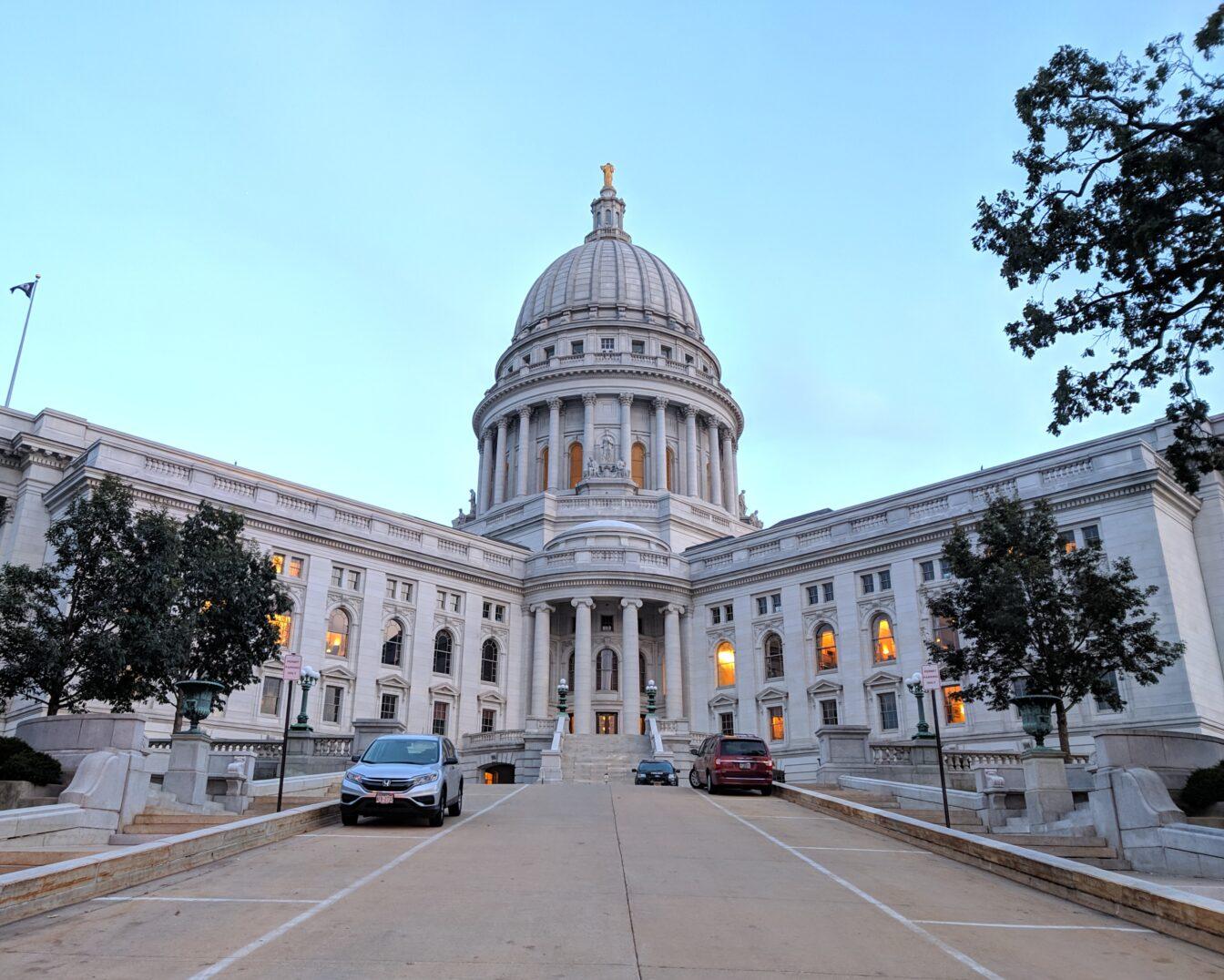Once again, Donald Trump falls short on his grandiose promises. This time he swore to provide a tax code created to help the middle class, yet the plan unveiled by the Republicans simply benefits big corporations and the ultra-rich, leaving the majority of America empty handed.
Trump’s current reforms, which closely mirror those made during the Reagan administration, hinge on the assumption that wealth will inevitably trickle down to the middle class. There was a boom in the ‘80s but by the end of the decade, middle-class incomes were stagnant and the poverty rate had actually risen. The same applies to President Bush’s tax reform which cut taxes for the rich and only to be followed by a recession.
In a quick economics overview, there is a parabolic graph that represents revenue with income tax, as there is a fine line between too high of taxes causing less revenue because of less spending or too low of taxes which results in too little revenue. The elephant in the room is that Republicans think that the tax is too high and we must lower it to see more growth and therefore more revenue. But this is not the case, as demonstrated by Reagan and Bush’s unintentional role in economic recessions and increasing the poverty rate.
Back to the current Republican tax code proposal, referred to as “MAGAnomics” (which yes, is as scary as it sounds), which will cut the top rate that large corporations pay from 35 percent to 20 percent, the biggest one-time drop in the big-business tax rate ever. This is great news for businesses, but in the Urban Institute and Brookings Institution’s Tax Policy Center’s analysis, they found that Americans among the top one percent of earners would see the bulk of the plan’s benefits, while lower and middle-class Americans — even most upper-class people — would see few benefits.
Republican party needs tax reform almost as much as America does
In the American system of government, our elected officials are supposed to pass legislation that will benefit their constituents, yet this bill will benefit only the one percent, leaving out the remaining 99 percent. This shouldn’t come as a surprise, considering the President of the United States is among the top 0.000001 percent in America and half of those in Congress are millionaires themselves.
Republicans are well aware of polls showing that voters are not particularly concerned with corporate taxation and that historically Congress has only cut business taxes when they also pose comparable cuts for individuals. Yet, they are going through with their plan nonetheless.
The bill will also eliminate the federal estate tax by 2024, meaning wealthy families would be able to pass on lavish estates and trust funds to their heirs tax-free. This is hardly even an issue for the majority of Americans, as currently only estates worth over $5.49 million face the estate tax. The estate tax is not only a source of revenue for the country, but it also reduces the concentration of wealth in just a few hands. Estate taxes are seen in almost all developed nations in the world and eliminating it is foolish.
For years, Republicans have lamented about the skyrocketing national debt, urging to cut spending and putting up with the facade that they are the more fiscally responsible party. Yet, the tax cuts will take on new debt that will add up to $1.5 trillion.
The code will also halve the mortgage interest deduction used by millions of American homeowners, changing the deduction rules for new mortgages. This will discourage individuals from buying new homes, as they will no longer be able to deduct as much from mortgages. Home-builder stocks are also plummeting as a result.
Lastly, perhaps the most damaging cut of them all will cut some portions of charitable deductions. Because there would no longer be itemization of deductions, many middle and upper-middle-class families would no longer get the charitable donations tax break. There will also be new requirements for tax-exempt organizations such as churches and charities.
Overall, the winners of the new tax code will be large corporations and the super-rich, while the losers of the code will be home builders, small-business owners, charities, and the working class. If that doesn’t reveal the priorities of the Republican party then I don’t know what will.
Claudia Koechell ([email protected]) is a sophomore majoring in history and political science. She is the press secretary for UW College Democrats.














